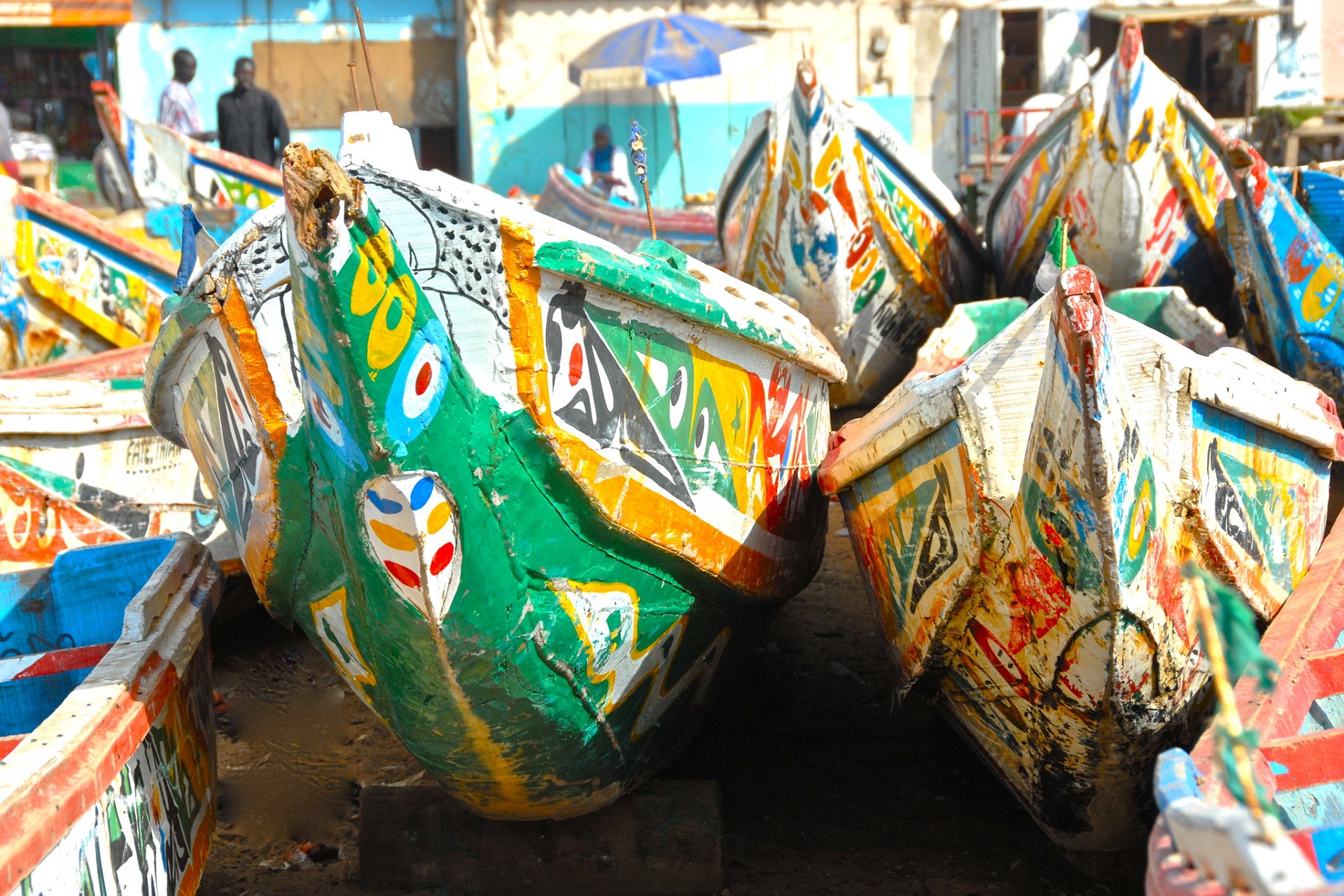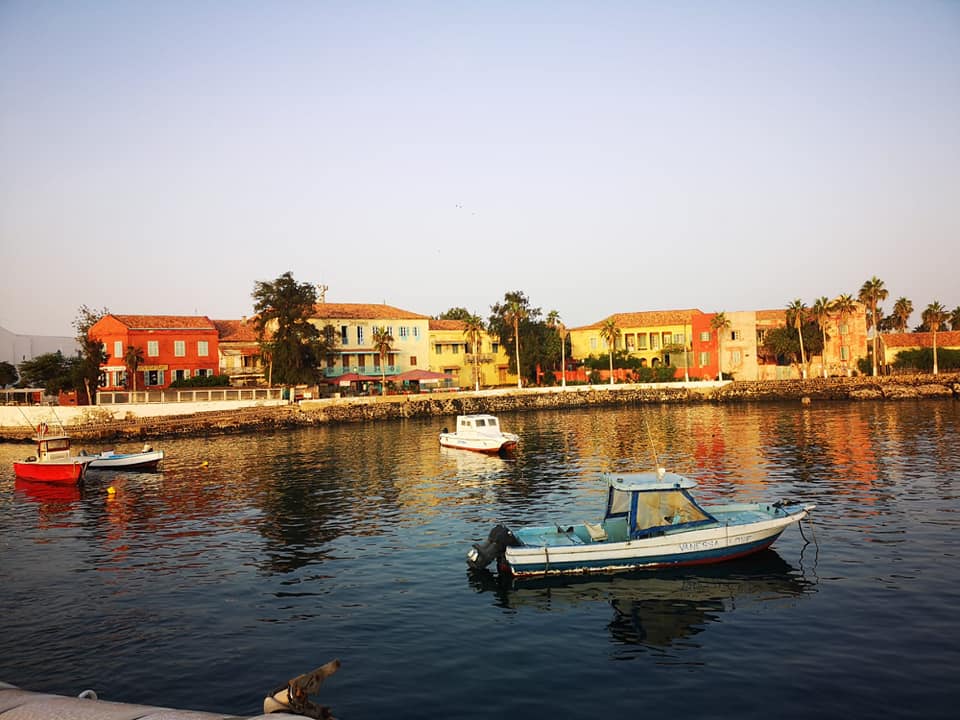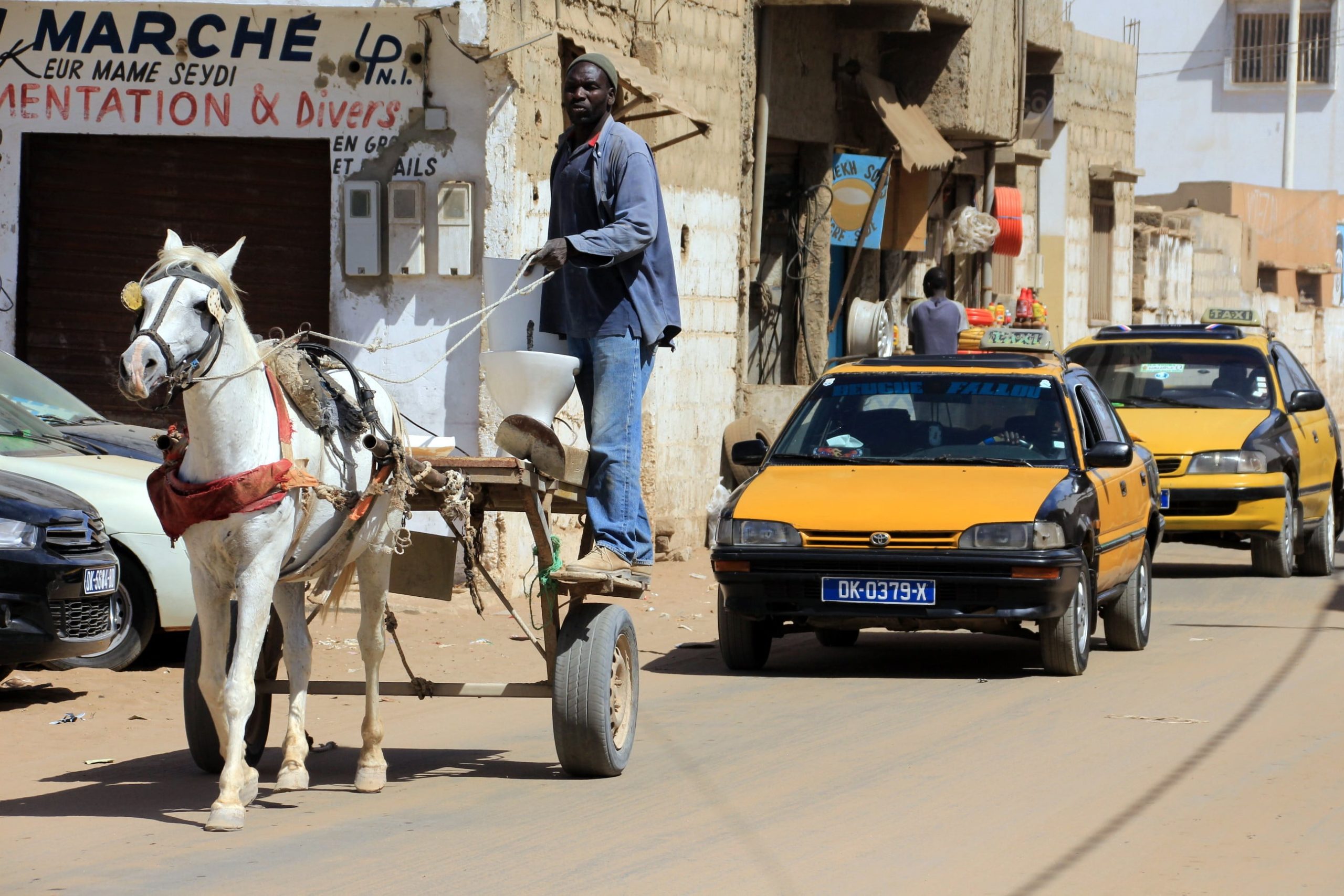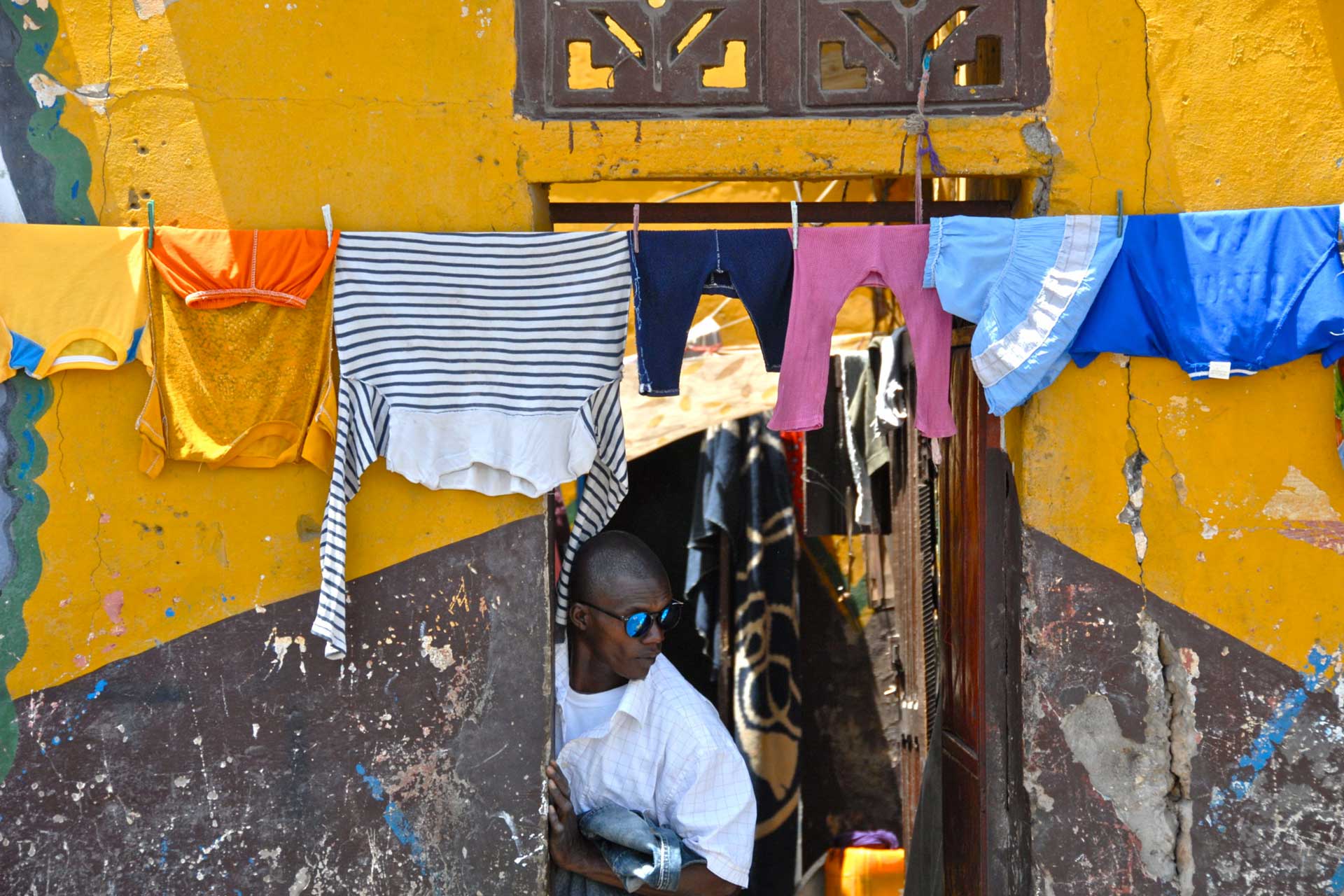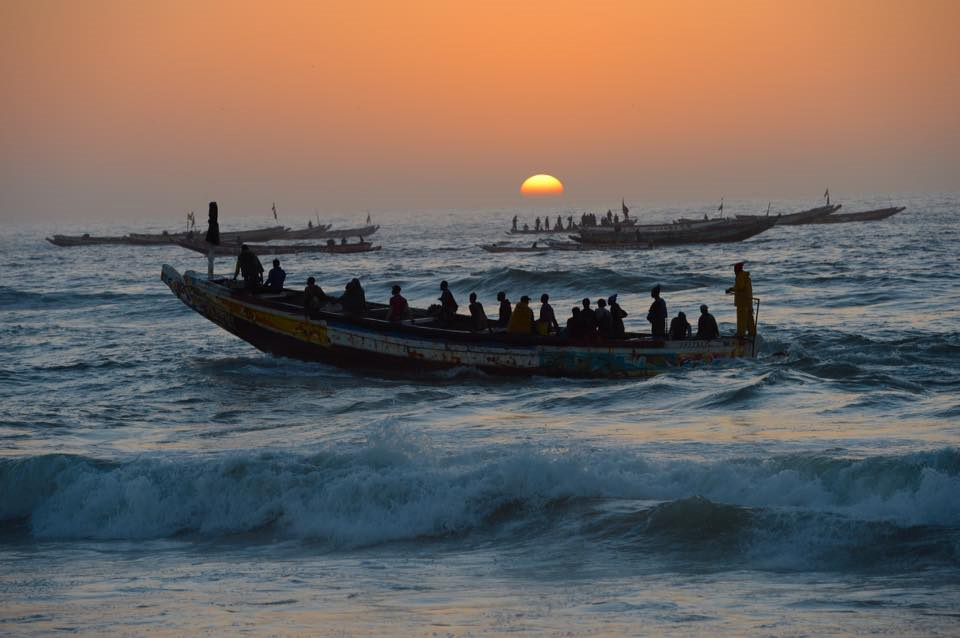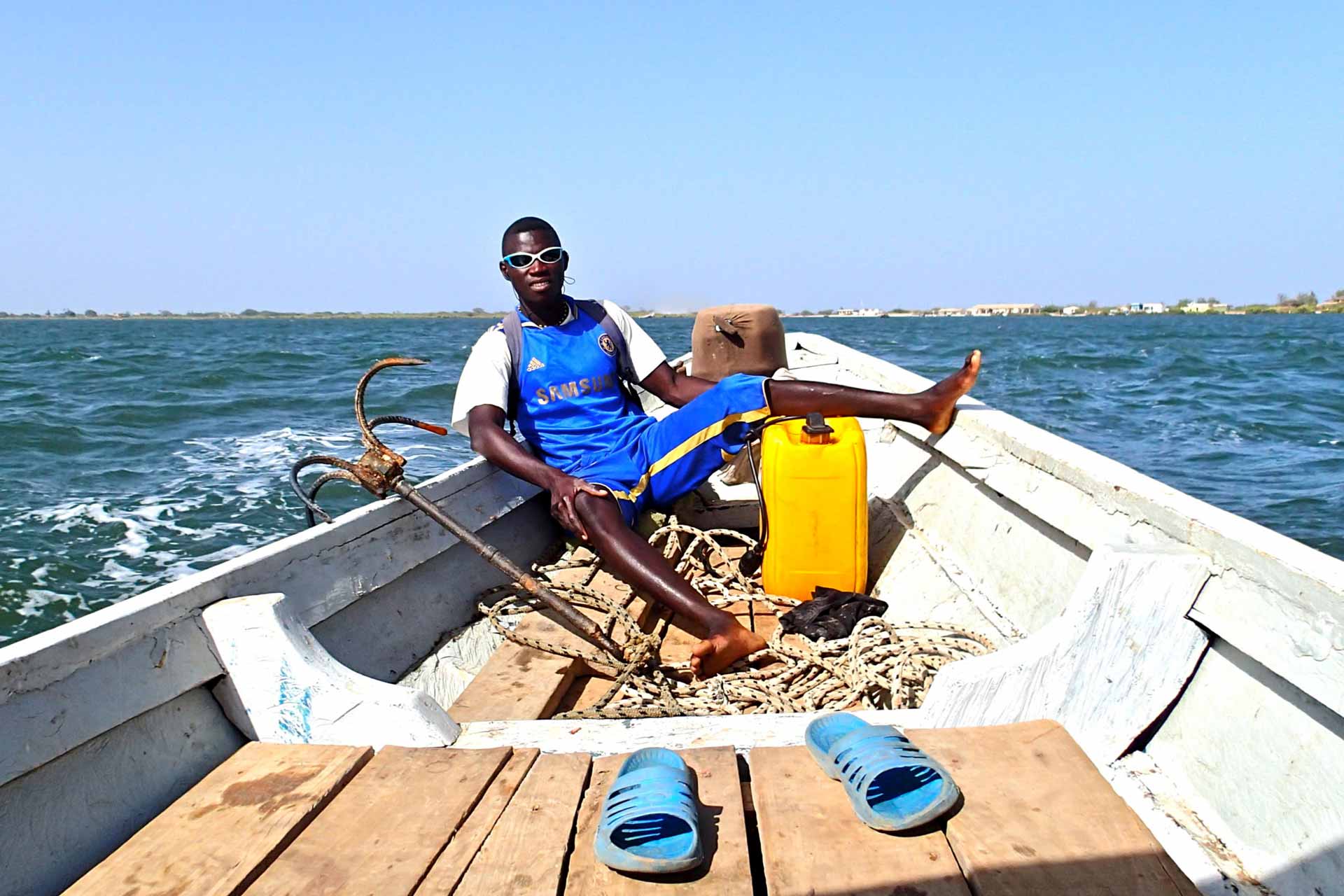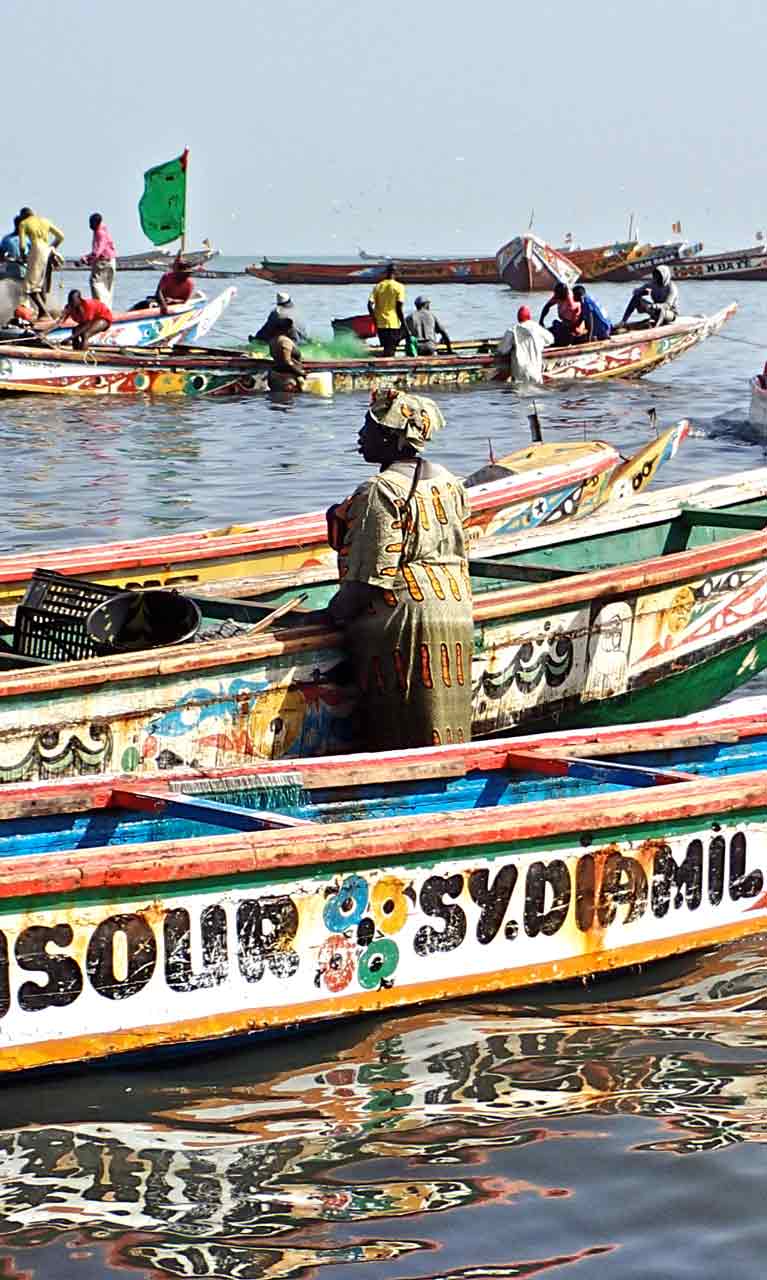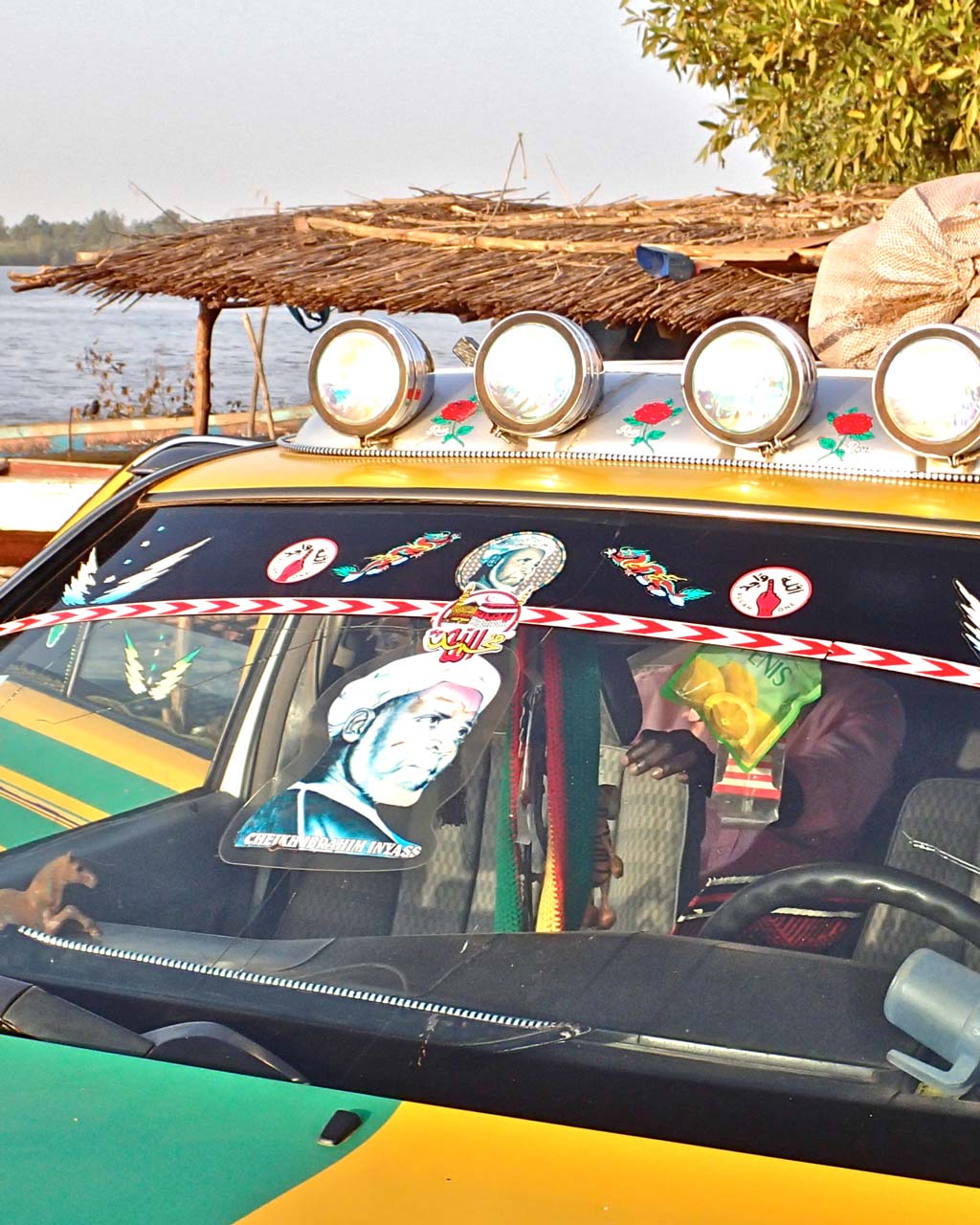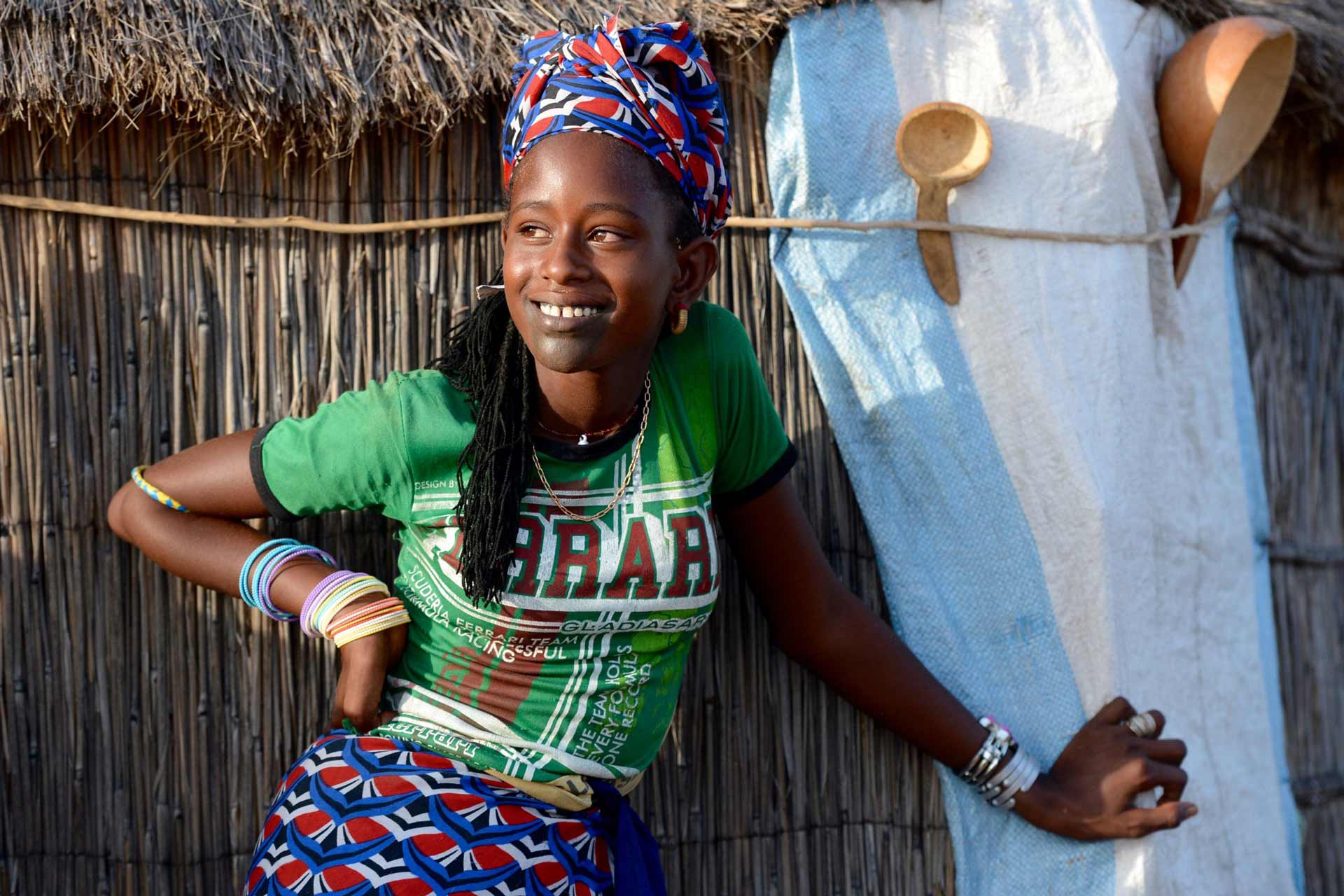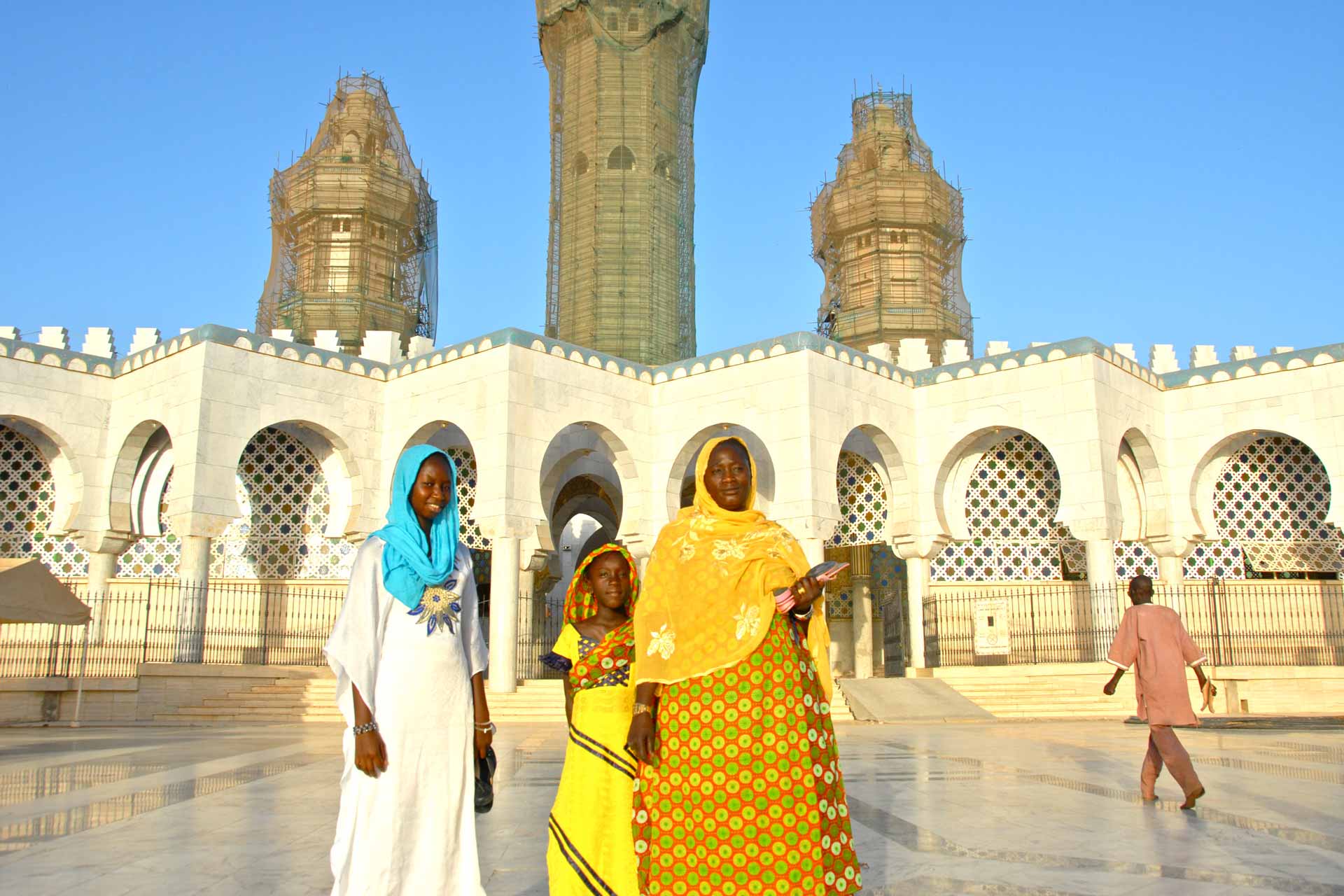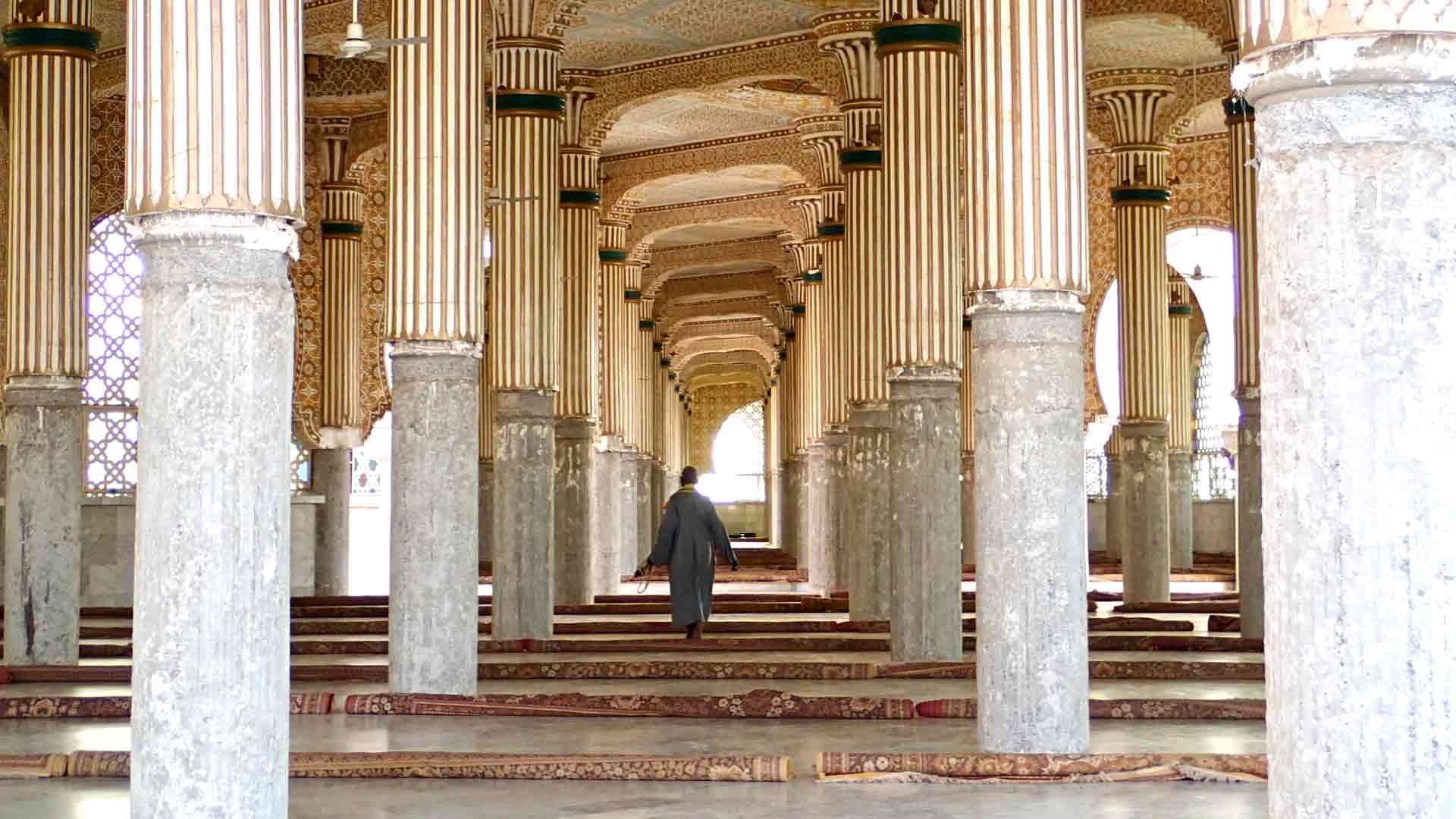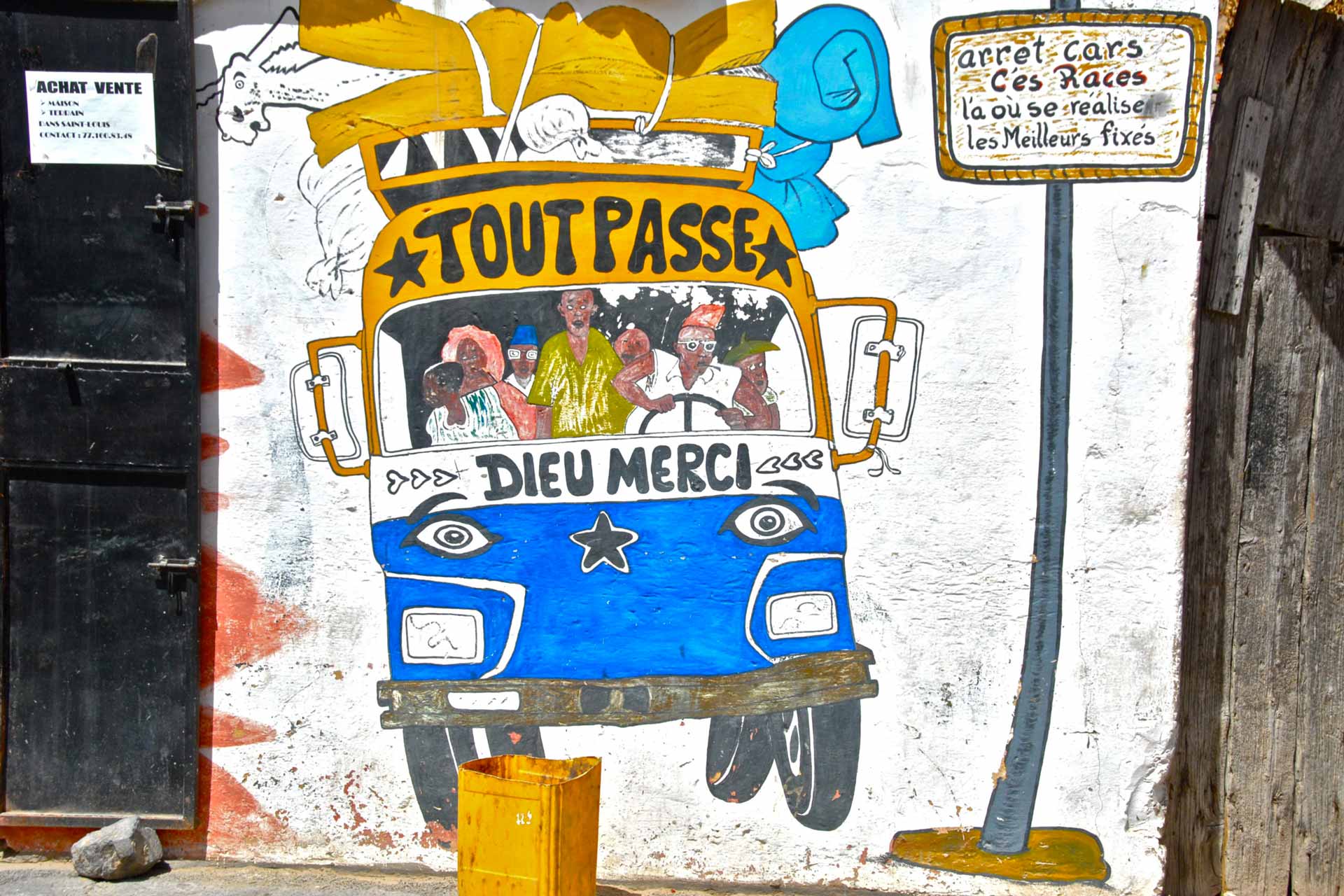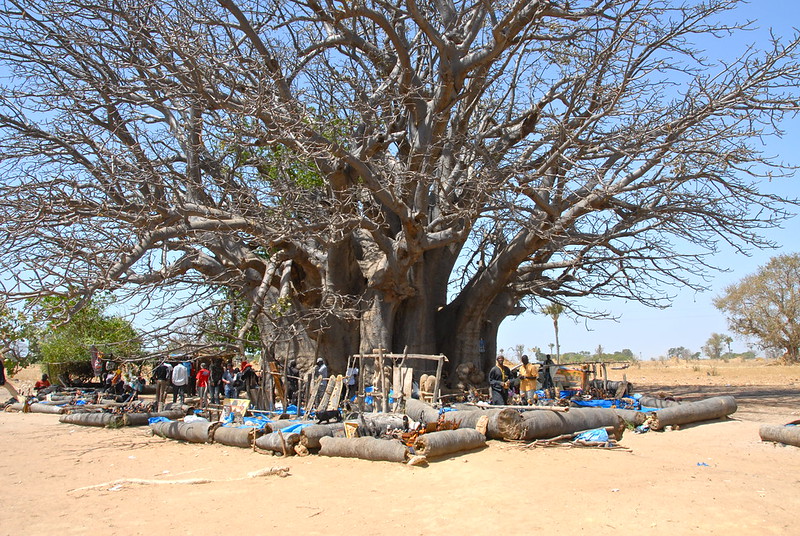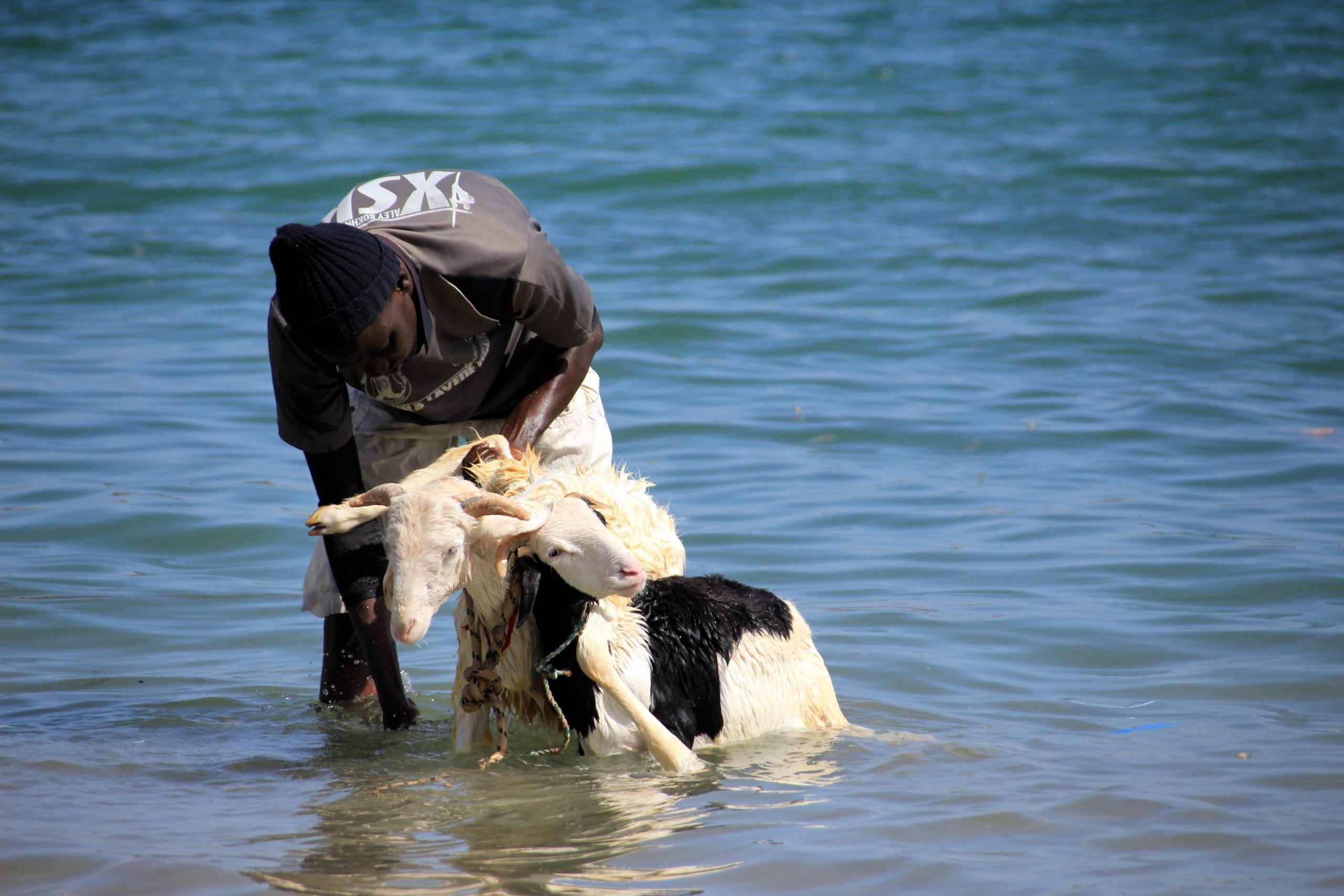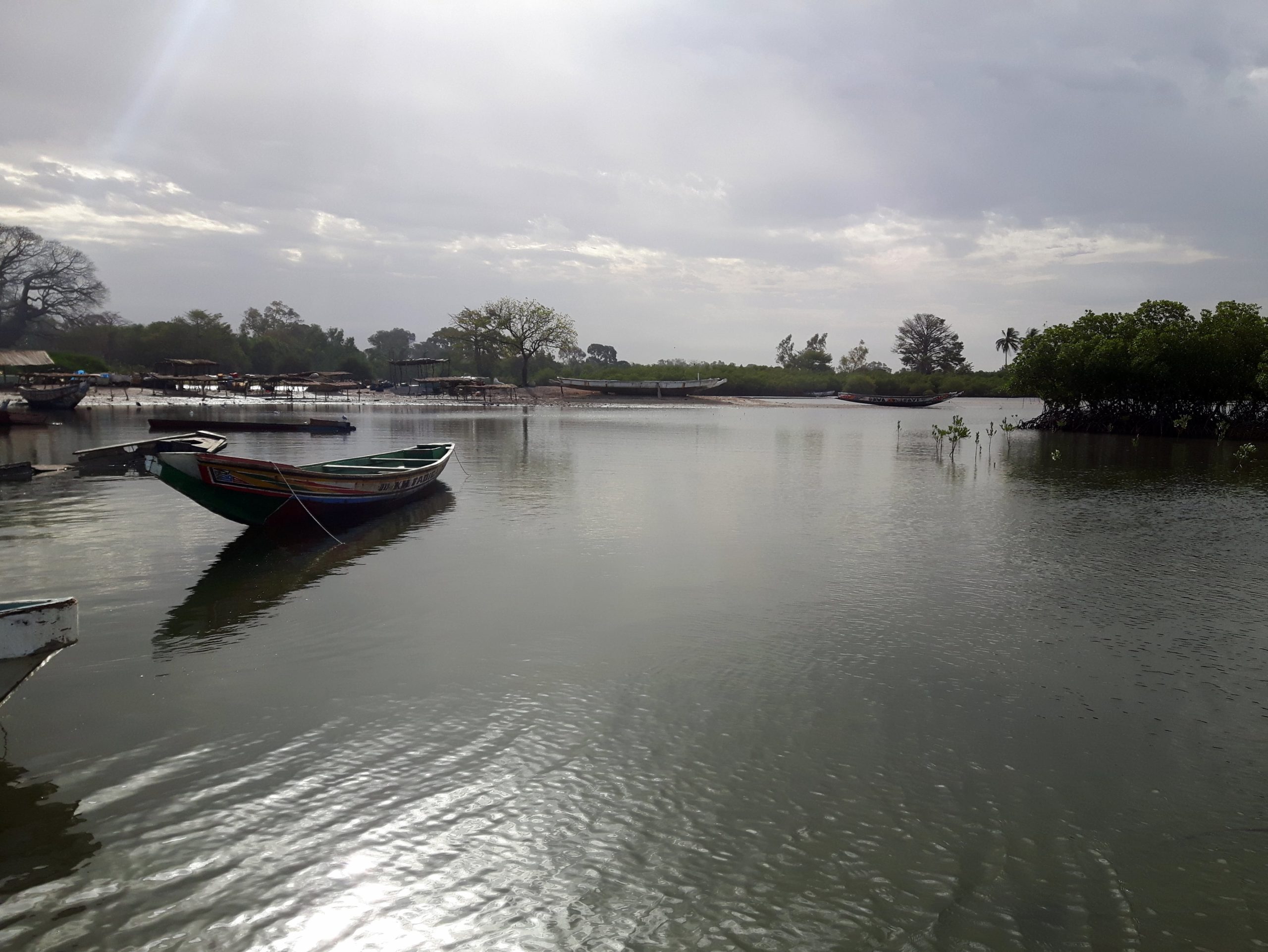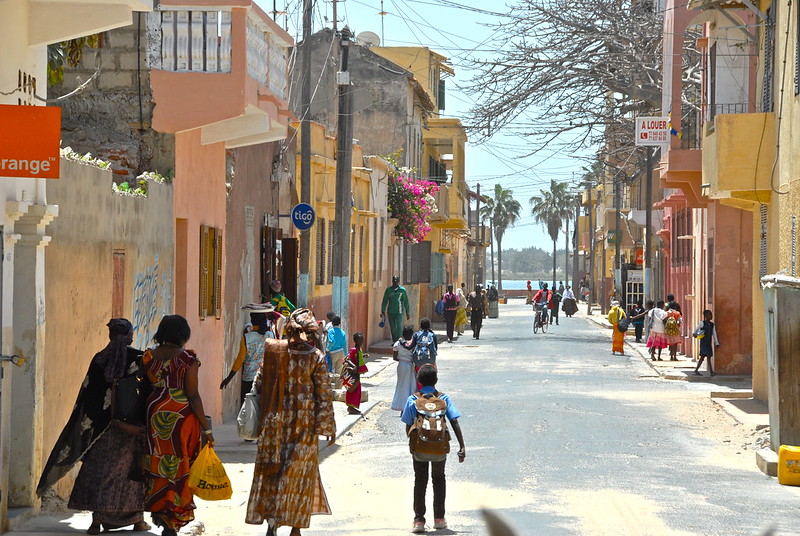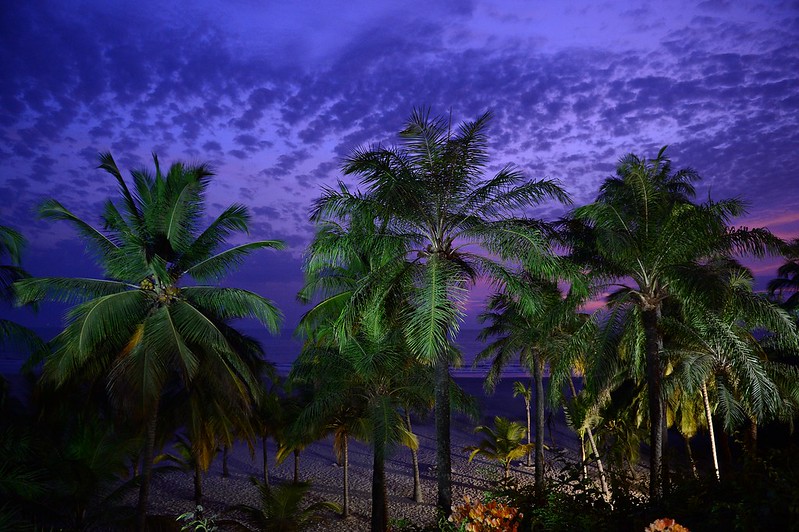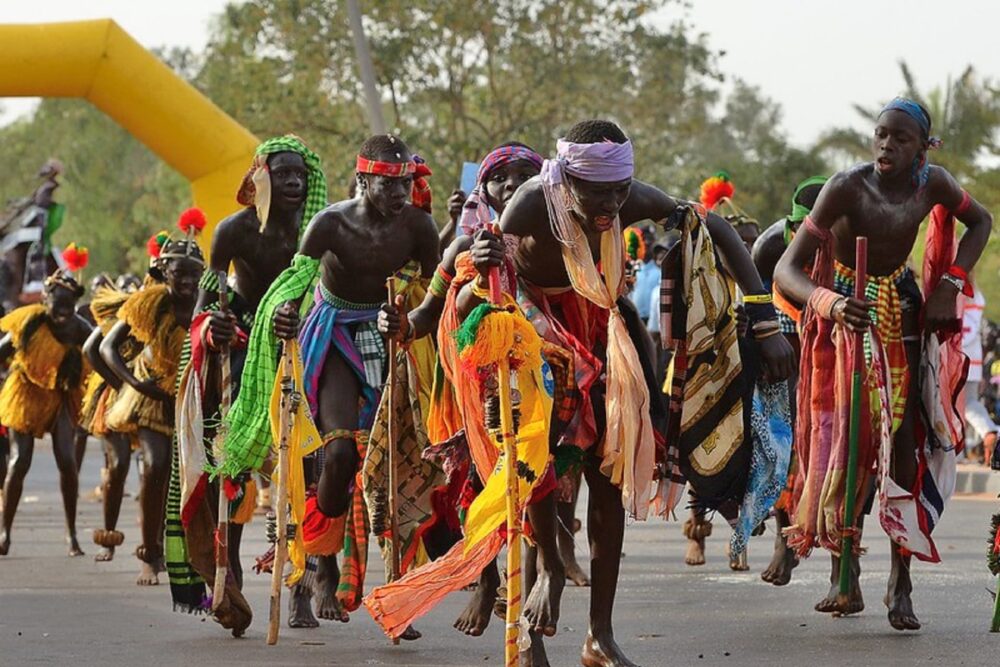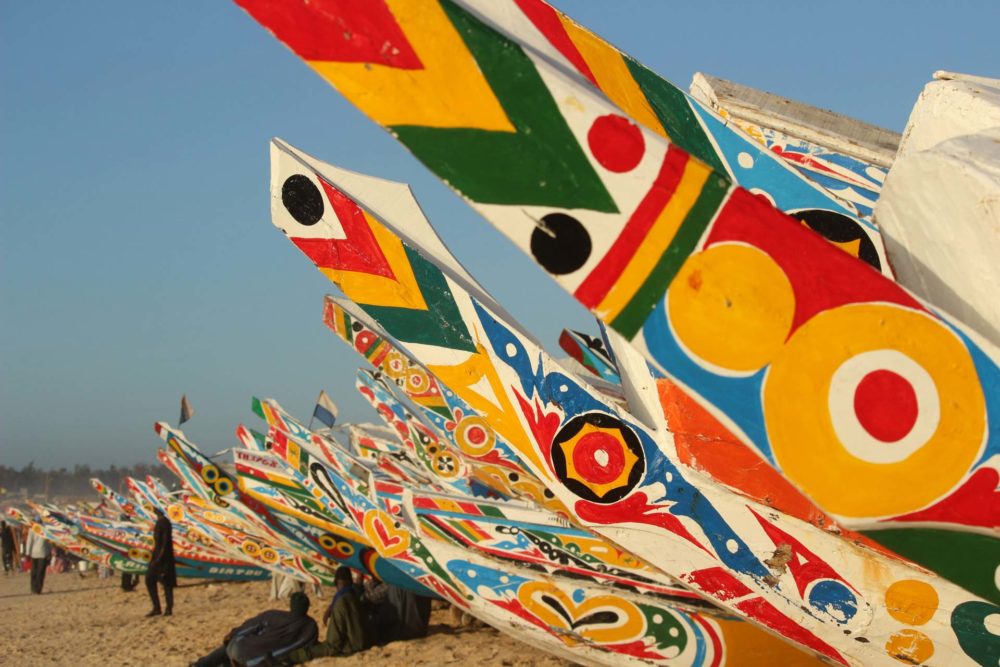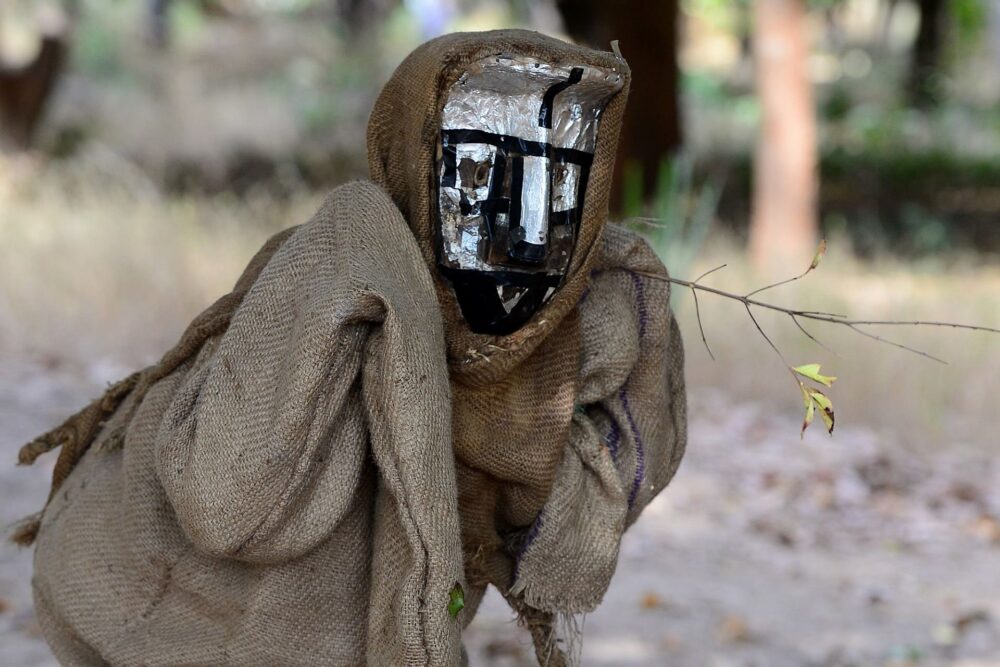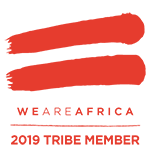Description
SENEGAL
NATURE
Following the “uncertain border” between land and water we move across an incredible variety of natural environments such desert dunes, savannah, estuaries, forest, mangrove swamps. Birds will be a constant presence along the whole journey. Djoudj National Sanctuary in Senegal is one of the main migratory bird sanctuaries on earth.
HISTORY, PREHISTORY & TIMELESS VILLAGES
We will discover historical sites such as Dakar, the current capital of Senegal and an African intellectual center since before independence; Gorèe Island, which was the collection point for slaves destined for the New World; Saint Louis, the first capital of French West Africa at the time of colonialism. We will experience contact with “timeless” people and places, such as nomadic herders and remote villages.
ART, CULTURE & MUSIC
In the northern savannah we will be invited to the camp of nomadic herders and make the acquaintance of the largest African brotherhood that practices an absolutely peaceful Islam, rejecting all forms of fundamentalism and violence.
We will also focus on contemporary art and music: the metropolis of Dakar has always been the cultural capital of West Africa and attracts legions of painters, sculptors and artists from the entire continent.
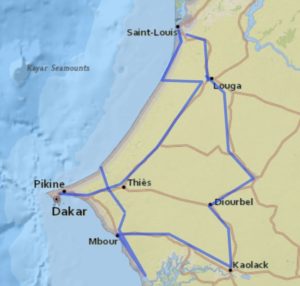
DAY 1: Dakar, the capital – SENEGAL
Arrival in Dakar and transfer to the hotel.
DAY 2: Dakar contemporary metropolis & Gorée, from Dakar to Gorée (transfers in town and ferry)
Dakar, the large and vibrant African metropolis that was the cultural and intellectual capital of French West Africa. Reflecting on that period, the Presidential Palace and the IFAN Museum (Institut Francais d’Afrique Noire), hosting an important collection of African art objects. When it opened, the museum was directed by Theodor Monod, a celebrated Africanist and one of the greatest Sahara scholars.
We will visit the Musée des Civilisations Noirs. Opened in December 2018, it is the realization of Léopold Sédar Senghor’s vision (the first president of independent Senegal, a poet, and Nobel Prize winner). The museum represents the historical and contemporary worldwide cultures, art, and soul of Black people, which he called Negritude.
We will also see the Cathédrale Notre Dame des Victoires & Place de Souvenirs. The project to build the Dakar cathedral was initiated in 1910 to pay tribute to African combatants, the Cathedral was finally built in Neo-Sudanese style, a style inspired by the Sahara and Sub-Sahara adobe mosque architecture, and was consecrated on 2 February 1936.
Arrival at Dakar port to board a ferry and spend a night in Gorée, the island where slaves used to be crammed before being shipped to the Americas. Some restored buildings remain to bear witness of those times.
The Portuguese were the first to establish a presence on Gorée in 1450, where they built a small stone chapel. After the decline of the slave trade from Senegal in the 1770s and 1780s, the island became an important port for the shipment of peanuts, Arabic gum, ivory, and other products of legitimate trade. Thanks to the nice breeze, and the many restaurants and shops, Gorée today has become a pleasant and trendy location. In the late afternoon and evening, when the other tourists are gone, we will experience the real feeling of this special island.
DAY 3: Lac Rose and fisherman villages, from Gorée to Lac Rose (ferry and drive 100 km– driving time 3 hrs.)
Waking up in Gorée before the crowd arrives is a pleasure, as strolling in the tiny stone-paved alleys of this historical settlement.
Ferry to Dakar and drive to Lac Rose, a shallow saltwater lake surrounded by dunes, also known as Lac Retba.
Miles of exciting drive on the beach by 4×4 (depending on tides) will bring us to discover the largest fisherman village in Senegal. More than 4500 wooden painted pirogues come to the shore with the catch of the day… On the beach the fisherman sells to the local market women, after we meet the artisans carving the large pirogues, the painters decorating them with bright colors, and if we are lucky the “local saint” for final blessing before sailing…
DAY 4: Saint Louis, from Lac Rose to St. Louis (210 km – driving time 5 hrs.)
Saint Louis, known to locals as Ndar, is a charming ancient town that was a French territory from 1673 until 1895 and the capital of all French West Africa colonies from 1895 until 1902 when the capital was moved to Dakar. From 1920 to 1957, it also served as the capital of the neighboring colony of Mauritania.
It has been the former base of the “Aeropostale” airmail pioneer operation between Europe, Africa, and South America. Saint Exupéry, the famous writer, and author of “The Little Prince”, was one of Aeropostale’s pilots following this route.
Located on two islands between the Senegal River and the ocean at the southern edge of the Sahara, rich in three centuries of history, cultural background, geography, and architecture, Saint-Louis is a “bridge” between the savanna and the desert, the ocean, the river, and the inland, between tradition and modernity, Islam and Christianity, Europe and Africa.
Home to a society with a distinctive lifestyle, Saint-Louis has retained its unique identity. “No one comes without falling in love with the city,” proudly say its people who consider Saint-Louis as the birthplace of Senegalese Teranga, the Wolof word for hospitability
The best way to visit the narrow lanes of Saint Louis is by calash, just as locals do, and walk in the fisherman’s quarters. Time to stroll in the tiny avenues and enjoy the unique atmosphere of this old town.
We will spend the night at the historic hotel of the town – built in 1895 and now fully renovated – it was here that all Aeropostale pilots use to stay.
DAY 5: Bird sanctuary & Nomadic tribes, from St. Louis to Ferlo desert (150 km – driving time 4 hrs.)
Early morning departure northwards to discover Djoudj National Bird Sanctuary (Parc National des Oiseaux du Djoudj), a natural oasis formed by hundreds of miles of partially flooded lands that has been declared a UNESCO World Heritage Site. This “humid paradise” between the Sahara and Ferlo desert, is the best habitat and nesting site for over a million migratory and resident birds – lies on the southeastern bank of the Senegal River and offers a range of wetland habitats that are attended by many migrating birds, some getting here after crossing the Sahara. Out of more than 400 species, pelicans and flamingos are the most common, whereas aquatic warblers are a bit less conspicuous – migrating here from Europe, this park is their single most important wintering site yet discovered. Apart from birds, there is also a wide range of wildlife such as warthogs and crocodiles. Motorboat excursion led by a local guide-ornithologist.
Depending on the season, considering the time of migrations and level of water, the visit to Djoudj may be replaced by a similar experience in Langue de Barbarie, a thin, sandy peninsula, adjacent to the Atlantic Ocean, located in western Senegal, in the neighborhoods of the city of Saint-Louis. The peninsula separates the ocean from the final section of the Senegal River. The Langue de Barbarie National Park is home to an abundant variety of bird species and three species of turtle.
In the afternoon continue to the Ferlo Desert to discover the arid region where nomadic Fulani tribes herd large droves of zebu. The Fulani (also called Peul) are the largest nomadic tribe roaming West African Savannahs, living in a vast area from Senegal to Chad. Their origins are still covered with mystery. They all share a common aristocratic cult for beauty and elegance. In the afternoon a local guide will join us for a visit to the neighboring villages and shelters. When the herds come back, we might even be invited to witness the milking process.
DAY 6: Tuba Brotherhood, from Ferlo desert to Kaolack (240 km – driving time 5 hrs.)- SENEGAL
The arrival of a group of Western travelers is an unusual event at the sacred city of Tuba. Here we will discover the great sense of hospitality that characterizes African fraternities. The holy city is almost a “state within a state.” The founder was a Sufi named Amhadou Bàmba Mbake. The inhabitants follow the Muridi movement, which still has a great social and economic impact in Senegal. During their festival, the city is visited by millions of pilgrims. Tuba is a sacred city. It will therefore be necessary to follow some simple rules. Smoking, wearing provocative clothes, drinking alcohol and listening to music are not allowed during the visit. We will abide by these rules and be very well received. The Muridi are proud of their city and will appreciate our interest in visiting it.
DAY 7: Sea-shells, from Kaolack to Sine Saloum (150 km – driving time 4 h)
Transfer to Sine Saloum
Sine-Saloum is a region of Senegal located north of the Gambia and south of the Petite Côte. It comprises an area of 24,000 square kilometers, about 12 percent of Senegal.
The western part contains the Saloum delta. This region is home to the Saloum Delta National Park, designated a UNESCO World Heritage Site in 2011.
Flowing very slowly, this delta allows salt water to enter deep inland.
DAY 8: Sine Saloum
Private boat excursion: visit the mangroves and discover many bird species in their habitat, as well as reforestation programs, put in place to protect this region.
DAY 9: Dakar out, from Sine Saloum to the airport (120 km – driving time 3 h)
We stop at Joal-Fadiouth: two villages connected by a bridge. Fadiouth was built on sea shells, which are also used for building construction and decoration. The cemetery is located on one of the islands made of sea shells, and surprisingly has Muslim and Christian graves next to each other.
Safari to Bandia Reserve where you can encounter all of Africa’s large mammals in 3,500 hectares of great outdoors: huge baobabs, thorny bushes, extravagant lianas.
In the evening, transfer to the airport for the return flight.
Due to limited room availability, it is recommended to make reservations in advance
- VISA: Depending on the travelers’ nationality entry into Senegal:
– does not require a visa, for US and EU and some other nationalities.
– or requires a single entry visa to be obtained upon arrival at the airport,
– or requires single entry visa to be obtained prior to departure.
We suggest to contact us to check which at are conditions of entry into Senegal for your nationality.
- VACCINATIONS: malaria prophylaxis – highly recommended. Covid vaccination card.
- MEALS: Lunch – restaurants (pre-selected menus) or cold picnic; dinner – at the hotel restaurant (pre-selected menus).
- LUGGAGE: Please contain the weight in 20 kg (45 lb.).
- TRAVEL INSURANCE: Not included. Mandatory for medical assistance, repatriation, material, and physical damages. We are not responsible for any material and physical damage during the tour.
- TRANSPORT: Minibus
- ACCOMMODATIONS: Hotels are always carefully chosen, however due to possible lack of availability in some hotels, the Tour Leader may have to replace some hotels during the tour itself with others of similar standard. In some hotels, single rooms are not always granted.
- All our trips are designed to be flexible so that we can adapt to external conditions and take advantage of opportunities that arise once there.
- Considering the special nature of the journey, some parts may be modified due to unpredictable factors and are based on unarguable decisions of our Tour Leader. Costs originating from such variations will be the sole responsibility of the participants. Of course, the Leader will do his/her utmost to adhere to the original program.
- Prices may change in the event of an increase in the cost of services, independent of the organizer’s will.

